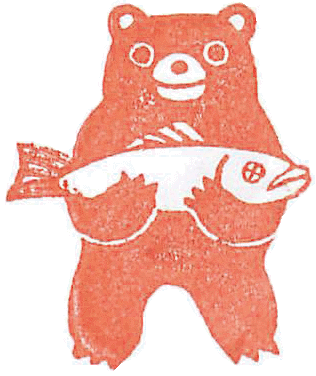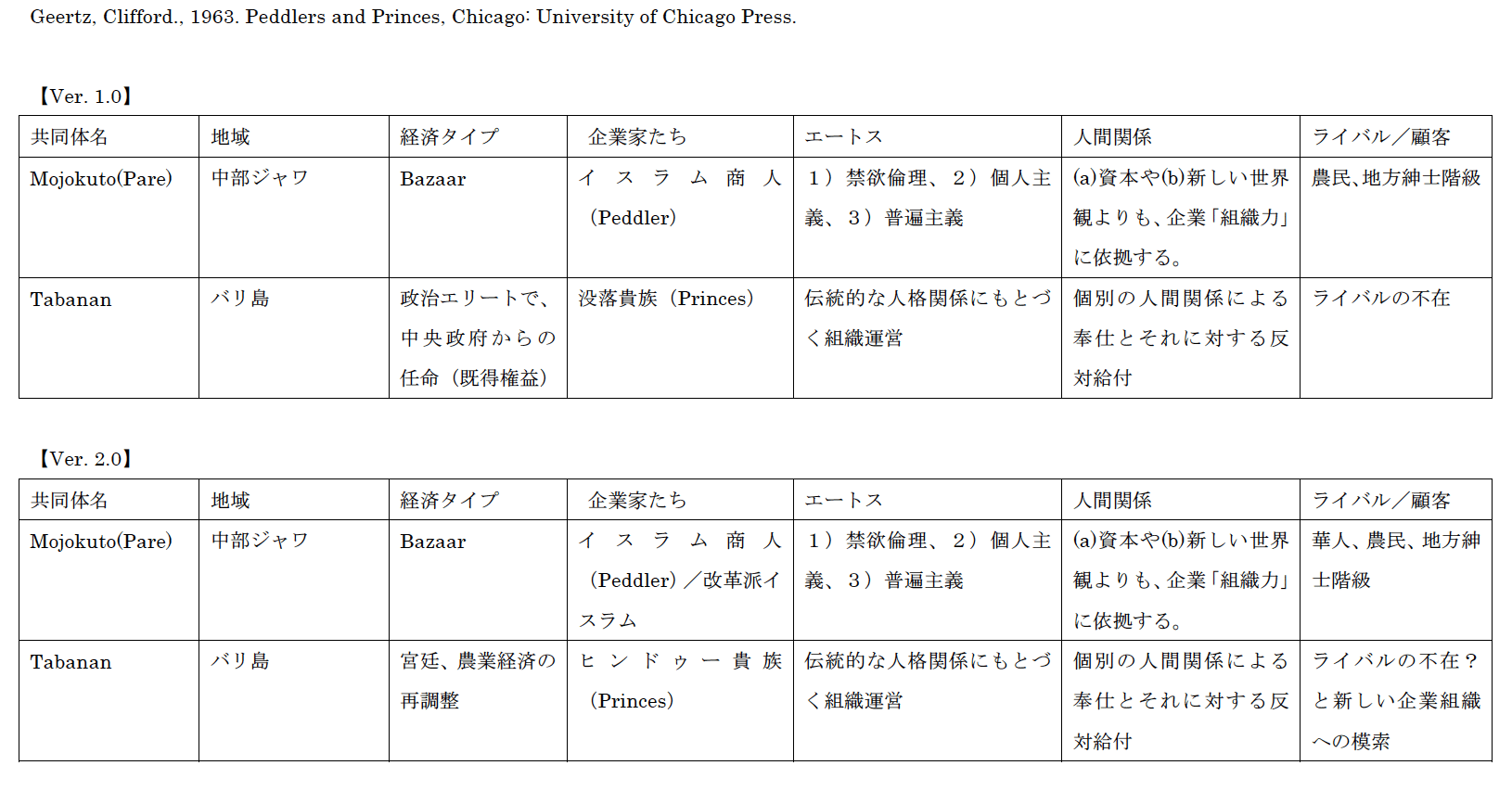


Peddlers and Princes: Social Development and Economic Change in Two Indonesian Towns



解説:池田光穂
書誌情報:Clifford Geertz/Peddlers and Princes: Social Development and Economic Change in Two Indonesian Towns/University of Chicago Press/978-0226285146.
1. Introduction
2. Two Indonesian Towns
Modjokuto: A Javanese Market Town
Tabanan: A Balinese Court Town
3. Economic Development In Modjokuto
The Bazaar Type Economy: The Traditional Pasar
The flow of goods and services
Regulatory mechanisms
Social and cultural characteristics
The Firm Type Economy: Toko and Perusahaan
Three stores
Craftswork and manufacturing
Household industry and manufacturing
A Rising Middle Class and Its Problems
4. Economic Development In Tabanan
Rural Social Structure and Economic Organization
Types of economic grouping
The Tabanan Aristocracy and the Firm-Type Economy
Some modem enterprises
Upper Caste Revolution and the Limits of Tradition
5. Conclusion: Modjokuto, Tabanan, and Indonesia
Social Dynamics of Economic Modernization
Local Development and National Planning

The Protestant Ethic and the Spirit of Capitalism
Max Weber. 1905
Penny Capitalism, by Sol Tax 1953.
HyperGeertz
Geertz, Clifford., Culture and Social Change: The Indonesian Case Man, Journal of the Royal Anthropological Institute of Great Britain and Ireland. 19(4):511-532.
Who is Donald Fagg?
"Should one probe even more circumstantially into the background of Geertz's perspective, one could go back to his fieldwork in Java (see Fagg 1958). Geertz's fieldwork in Java was part of a team project overseen by Douglas Oliver. Ghosts of this project still remained more than a decade later: in 1970, when I stayed with the family of Soedibdjo Markoes in the town named "Mojokuto," they were still riding the bicycle of Donald Fagg, a member of Oliver's team, who had committed suicide, but whose Harvard dissertation elaborated a cultural perspective on status and power that foreshadowed the work of Benedict Anderson on a cultural definition of power in Java (Fagg 1958). Histories remain to be written about the mutual ruminations of these team members that doubtless fed the perspective best known in association with Clifford Geertz."(James Peacock 2005:58-59)
Geertz's concept of culture in historical Context in, "Clifford Geertz by His Colleagues," 2005.
"The method of anthropology -- intensive, first-hand field study of small social units within the larger Society - means that its primary contribution to the understanding of economic development must inevitably lie in a relatively microscopic and circumstantial analysis of a wide range of social processes as they appear in concrete form in this village, or that town, or the other social class; the theoretical framework of the economist almost as inevitably trains his interest on the society as a whole and on the aggregate implications for the entire economy of the processes the anthropologist studies in miniature (Geertz 1963:4)"
Bibliography
W.W. Rostow, 1960. The process of economic growth, 2nd ed. (enlarged). Oxford: Clarendon Press.
W.W. Rostow, The Stages of Economic Growth: A Non-Communist Manifesto (Cambridge: Cambridge University Press, 1960), Chapter 2, "The Five Stages of Growth--A Summary," pp. 4-16

地図は、google map より
Copyleft, CC, Mitzub'ixi Quq Chi'j, 1996-2099